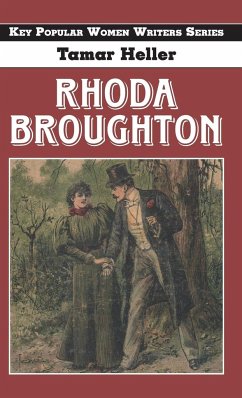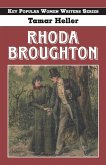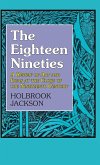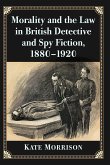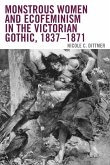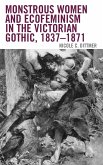Rhoda Broughton (1840-1920), whose career spanned over fifty years, was one of the most popular writers of the late-Victorian era. She burst into literary prominence-and notoriety-in 1867, with the publication in volume form of her first two novels, Not Wisely, but Too Well and Cometh Up as a Flower. Starring respectable young women teetering on the brink of sexual fall, both books were assailed by critics as immoral and eagerly devoured by the public. Even after she moved away from the scandalous genre of sensation fiction with which her earliest works were associated, Broughton's tales continued to feature passionate, unconventional heroines who, as Anthony Trollope said, "throw themselves at men's heads, and when they are not accepted only think how they may throw themselves again." This book-the first full-length critical study of Broughton's work-explores her pioneering representation of female sexuality, as well as her sensitive portrayal of women's disadvantaged position in late-Victorian and Edwardian culture. The book thus addresses a key paradox of Broughton's career: although she was classified as a writer of love stories, her depiction of romance-informed as it is by an awareness of power imbalances between the sexes-is resolutely unsentimental, even Gothic. A highly self-conscious writer, Broughton often uses metafictional elements and intertextual allusion to convey the difficulties of translating women's lived experience into literary form. Her novels-particularly those written after the demise of the bulky triple-decker format-often experiment with deferring, ironically undercutting, and even avoiding conventional happily-ever-after endings. Although she was not a self-identified feminist, Broughton's innovations nonetheless paved the way for those of later feminist writers, such as Virginia Woolf.
Bitte wählen Sie Ihr Anliegen aus.
Rechnungen
Retourenschein anfordern
Bestellstatus
Storno

